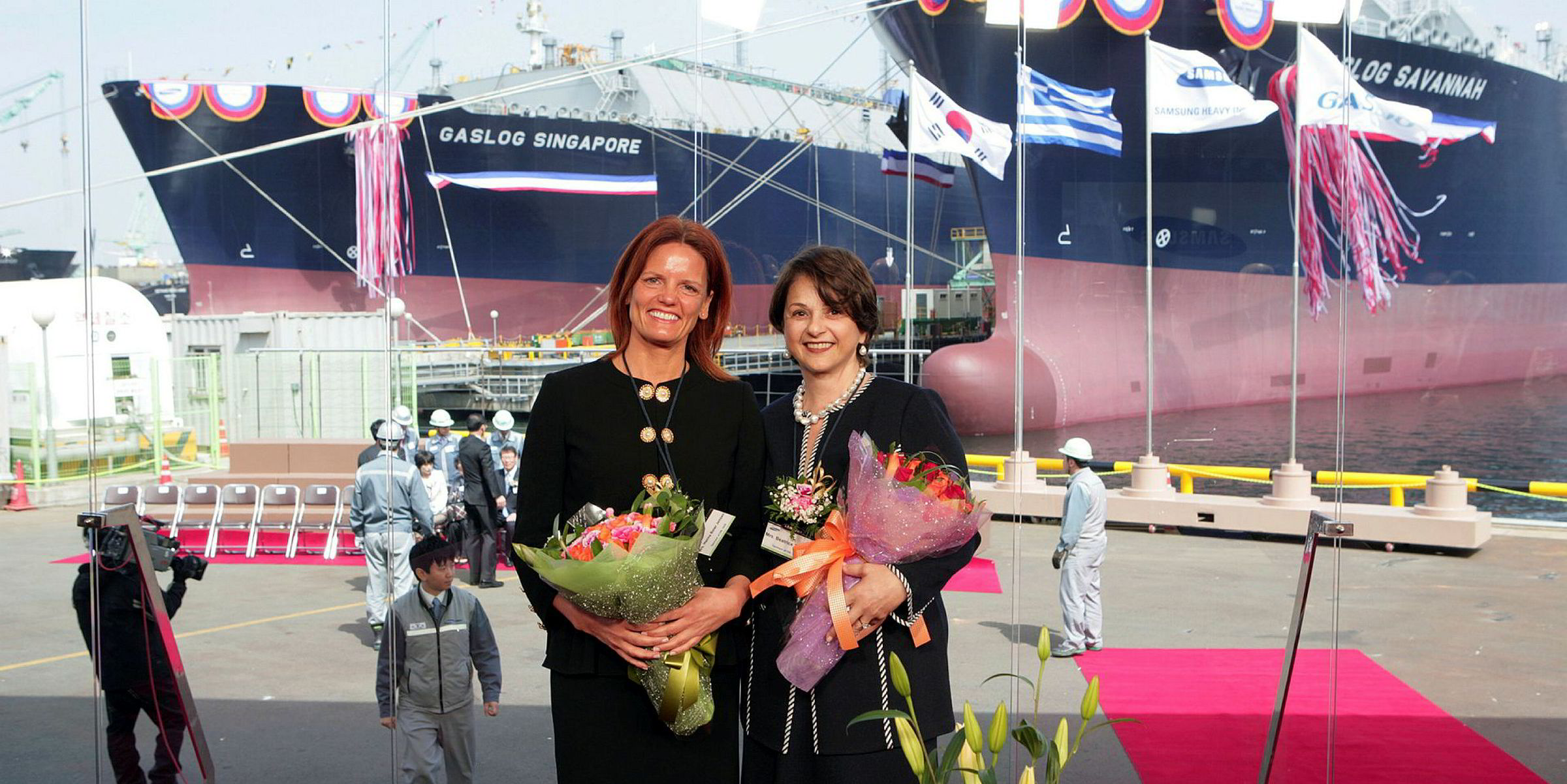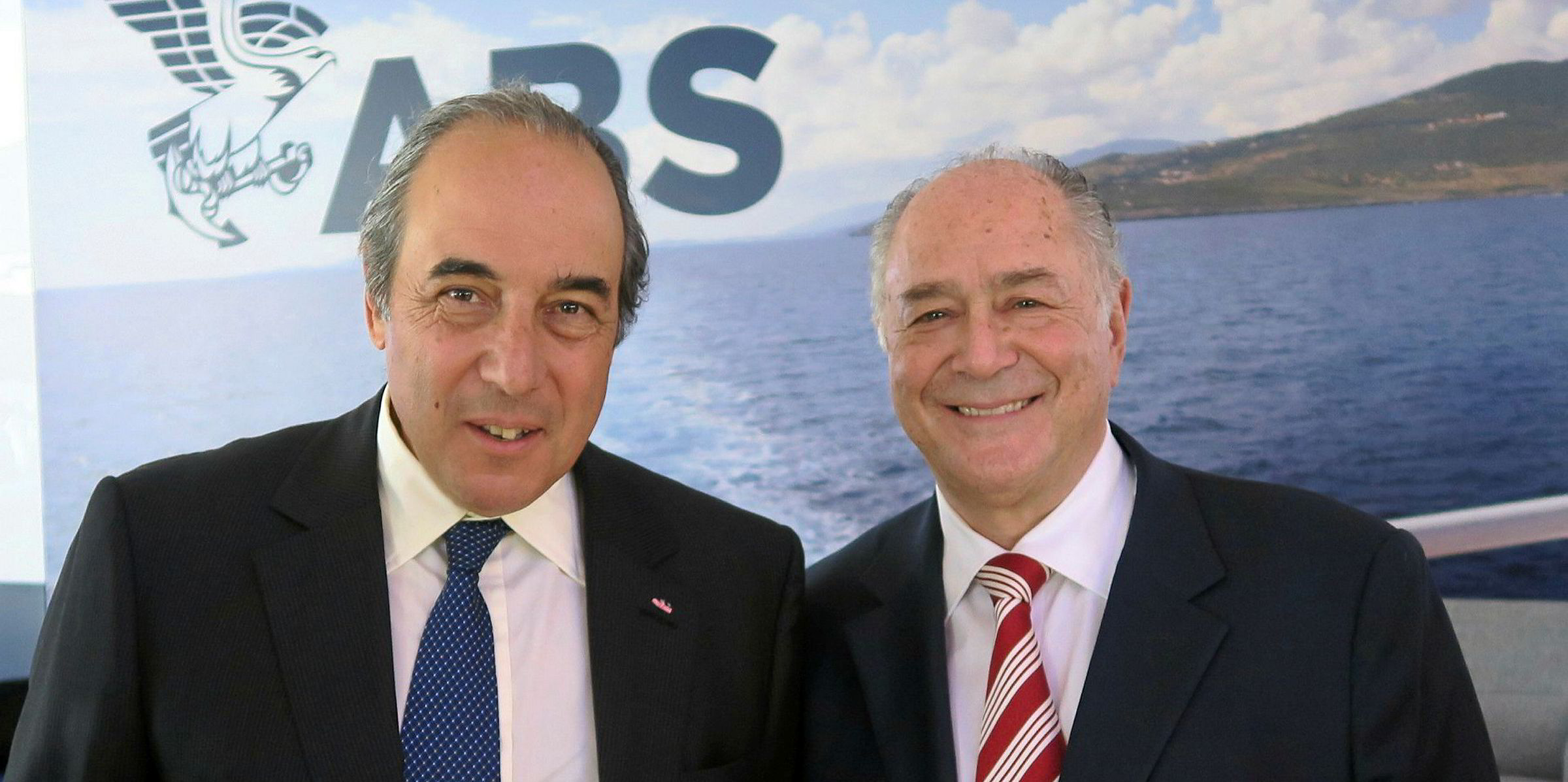Shipowner GasLog has made a break into the floating storage unit (FSU) sector by securing a long-term charter for one of its tri-fuel diesel-electric vessels to serve a gas-fired power project in Panama.
The company said one of its subsidiaries has signed a 10-year time charter with Sinolam LNG Terminal for an FSU that will receive, store and send out LNG to a gas-fired power plant currently being developed near Colon by Sinolam Smarter Energy LNG Power Co, a subsidiary of private Chinese investment group Shanghai Gorgeous Investment Development Co.
The charter is due to start in November 2020 with the delivery of the unit.
The 155,000-cbm GasLog Singapore (built 2010), which has reinforced membrane-type tanks, is expected to be the vessel selected for conversion into an FSU for the job.
GasLog said the FSU is required also to be capable of trading as an LNG carrier following the conversion work.
The vessel will undergo the conversion in conjunction with its five-year special survey which is scheduled for third quarter 2020.
The company said this would allow for both time and cost synergies.
GasLog Singapore has been trading in the spot market since September 2016.
The company said the FSU will have lower operating expenses than a trading vessel, estimating that the charter will generate approximately $20m of EBITDA per annum over its 10-year life.
GasLog detailed that the Panamanian power project has signed long-term power purchase agreements with local utilities plus a 15-year LNG sale and purchase agreement with energy major Shell.
Sinolam chief executive Kenneth Zhang said the FSU is a "key element" of the project.
GasLog chief executive Paul Wogan highlighted the FSU deal as the company executing on its strategic objectives of locking in long-term stable revenues and full utilisation of an existing, open vessel.
"Owning and operating an FSU will also expand GasLog’s service offering," Wogan added.
Industry players have been speculating as to how GasLog, which this year withdrew from LNG pooling arrangement The Cool Pool, will deploy its slightly older and smaller LNG carriers as they are redelivered from their long-term contracts.







